A movie explaining 'What is a coronavirus & what to do' played over 13 million times worldwide

The Coronavirus Explained & What You Should Do-YouTube
In December 2019, the Chinese authorities announced to the world that a certain virus was prevalent in Japan.
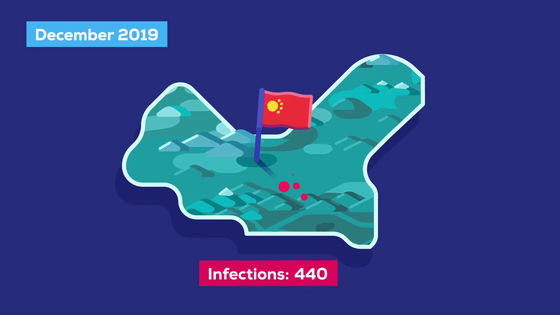
The virus spreads outside China in a matter of months, and the number of cases will double every day.
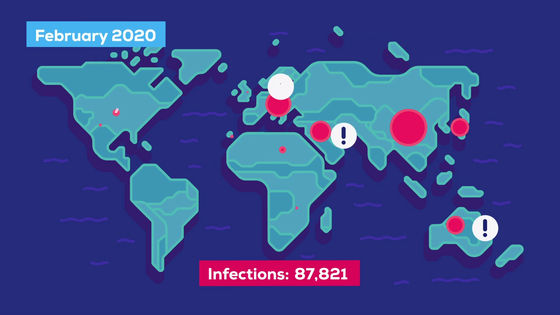
This is the new coronavirus (SARS-CoV-2).
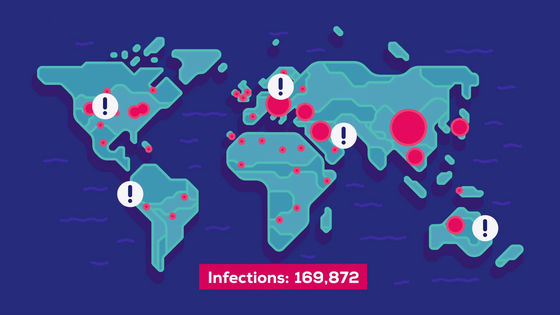
The infectious disease caused by this virus is 'New Coronavirus Infectious Disease (COVID-19)'.

What are the specific symptoms of a new type of coronavirus infection?
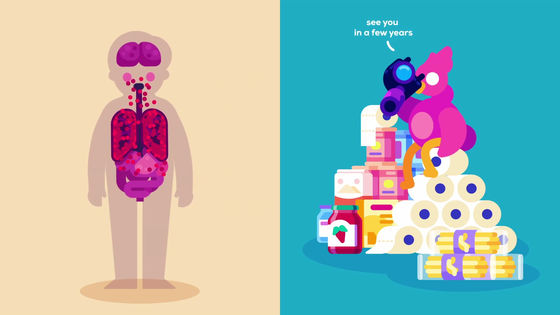
Some people view viruses as shells of genetic material and proteins, not organisms. Such viruses multiply by entering living cells.
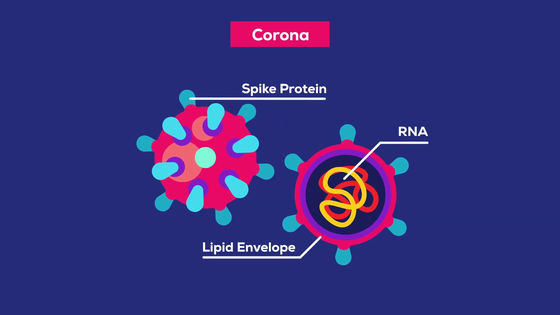
The new coronavirus spreads through the surface of an object, but its lifespan is not exactly known.
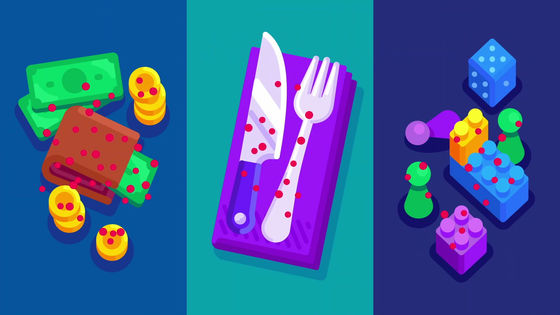
However, it is clear that the main source of the spread is the saliva from the infected cough.

A person who touches this saliva gets infected with the new coronavirus by touching his or her face with his or her eyes or ears.

The new coronavirus once attached to the face then invades the body.
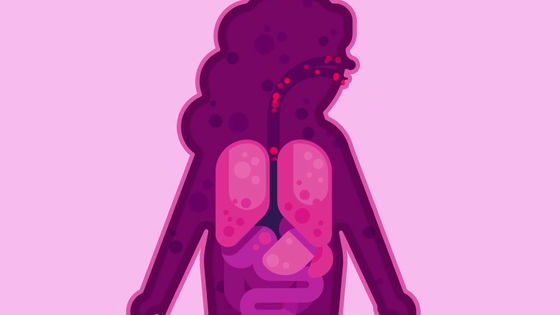
The virus's destination is the gut, spleen, and lung, but it has the most dramatic effects when it reaches the lungs. It is important to note that even a few new coronaviruses can cause serious symptoms.
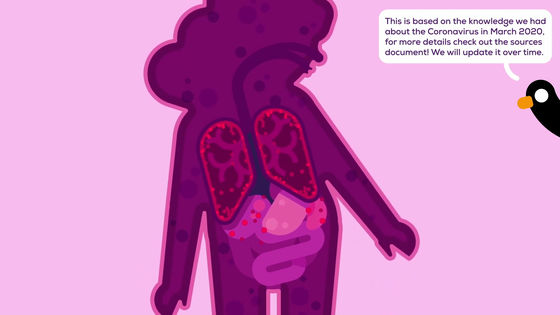
The lungs are lined with billions of epithelial cells on the surface. Epithelial cells are cells that line organs and mucous membranes, and are first infected by the new coronavirus, protecting the inner and outer boundaries of the organ.
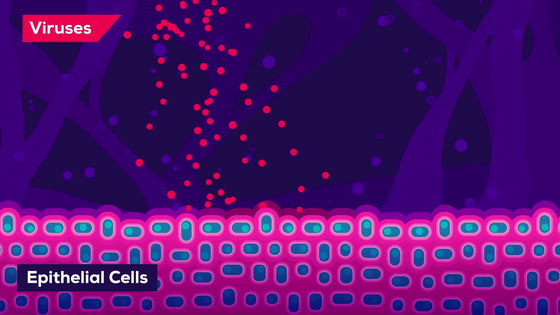
The new coronavirus sticks to the angiotensin converting enzyme II (ACE2) receptor located on the membrane of epithelial cells ...
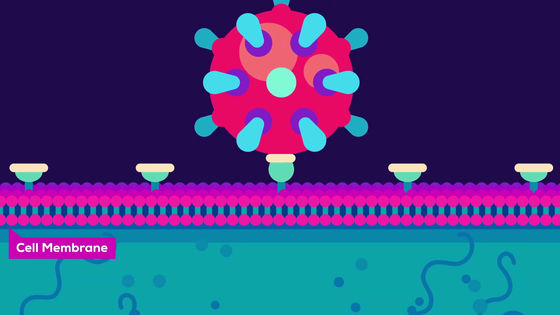
From here, the genetic material is injected into the cells.
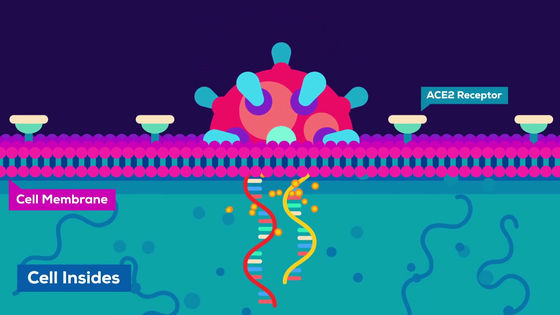
Cells execute a new command to 'replicate and rebuild cells' without noticing that a virus has invaded ...
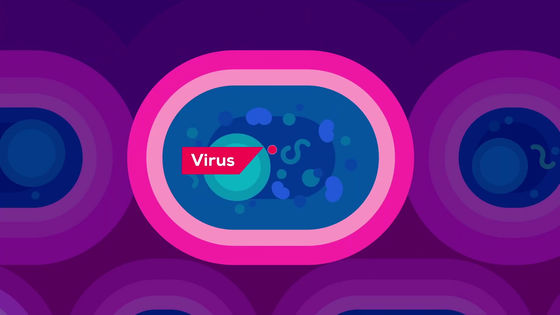
In infected cells, the new coronavirus will multiply. After that, when cell death occurs, the new coronavirus that has multiplied in the cells is released into the body, which in turn infects other cells.
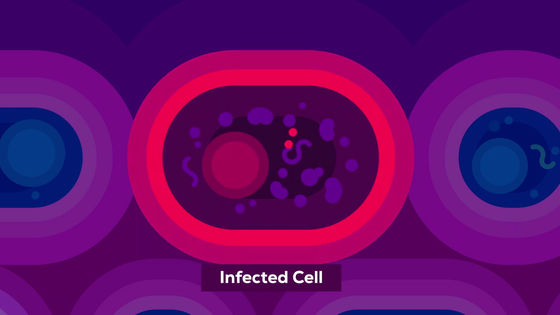
In other words, once infected with the new coronavirus, the number of infected cells in the body increases exponentially. About 10 days after infection, millions of cells become infected with the new coronavirus, and the number of viruses in the lungs exceeds billions. At this point, the virus has not caused much damage.
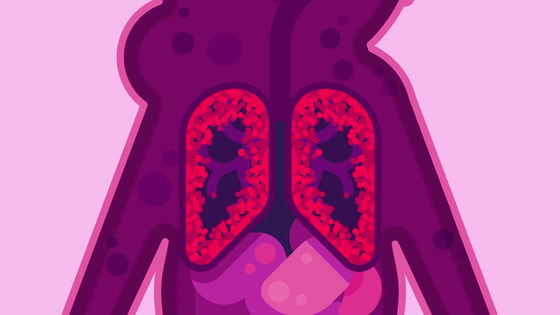
The problem is the 'immune system' of the human body.
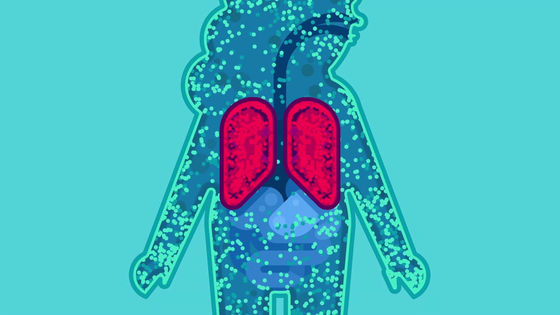
While the immune system is primarily responsible for protecting the human body, it can also do harm to the body.
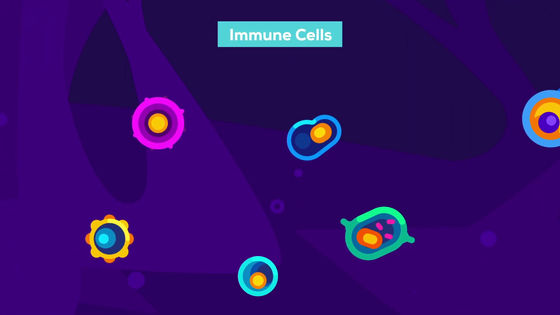
The new coronavirus that has increased in the lungs infects immune cells.
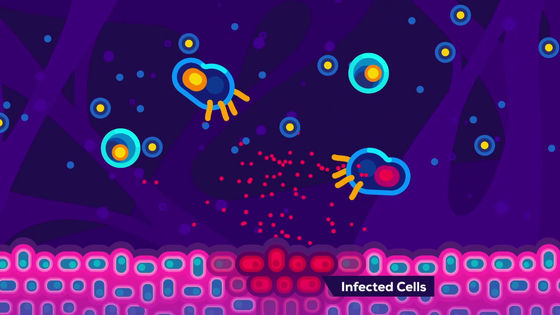
Since the cells themselves have no eyes or nose, communication between cells is performed almost through small information proteins called
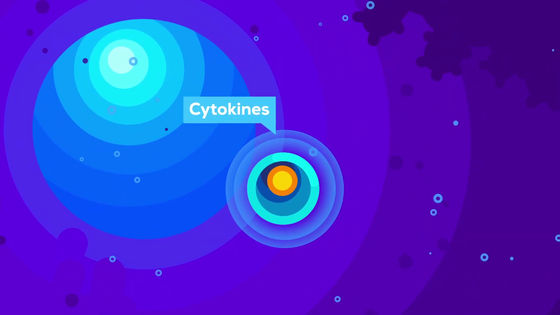
Immune cells infected with the new coronavirus overreact, upsetting the immune system and unnecessarily attacking the body.
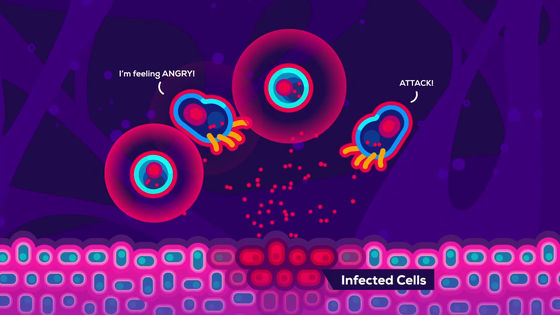
Particularly damaging are two immune cells, one of which is '
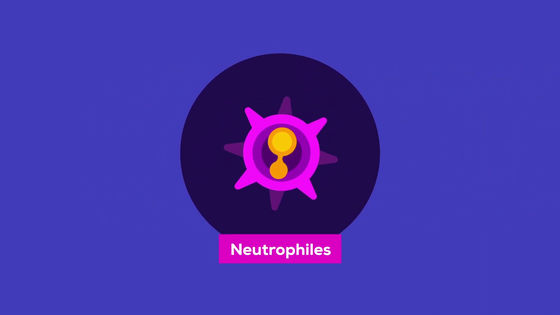
Another immune cell that causes enormous damage in the body is '

Usually killer T cells that instruct cells infected with a virus to self-destruct, but infection with a virus also orders healthy cells to self-destruct. Therefore, when immune cells arrive, damage to the body will increase and healthy lung tissue will be destroyed.
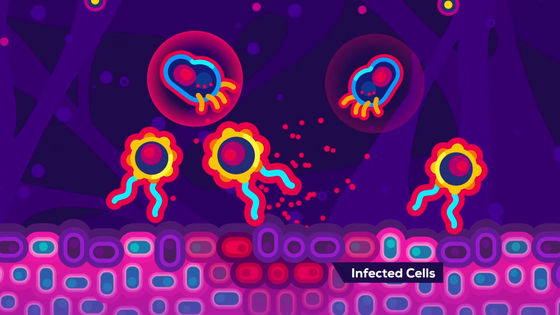
If this damage becomes large, it will be irreparable damage, and in some cases it will be an obstacle that will last a lifetime.
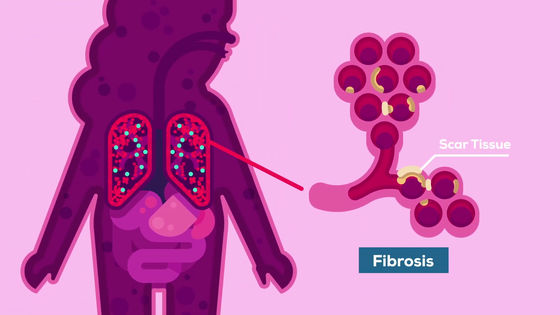
In most cases, the immune system slowly regains control within the infected individual. The immune system destroys the infected cells, interrupts the virus that is trying to infect new ones, and cleans the dead cells, so that the body gradually recovers.
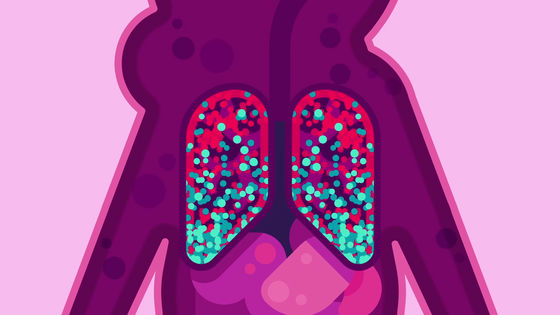
The majority of people infected with the new coronavirus have relatively mild symptoms, such as 'fever' and 'cough.'
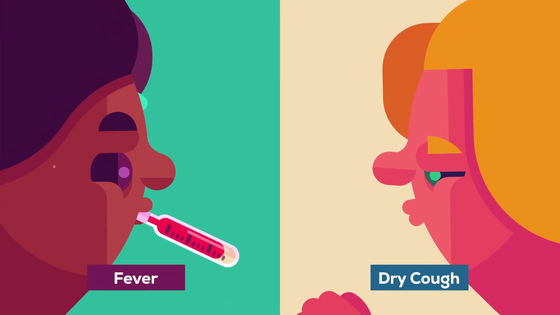
However, in some cases, you may be in a critical condition.
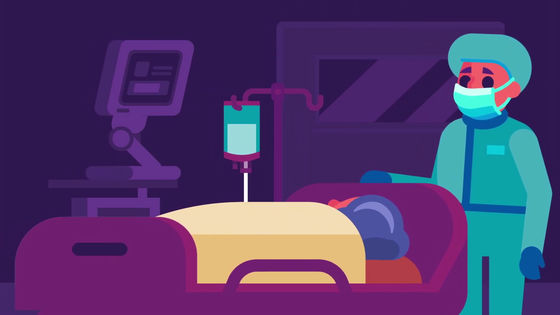
The exact proportion is not known because not all cases have been identified ...
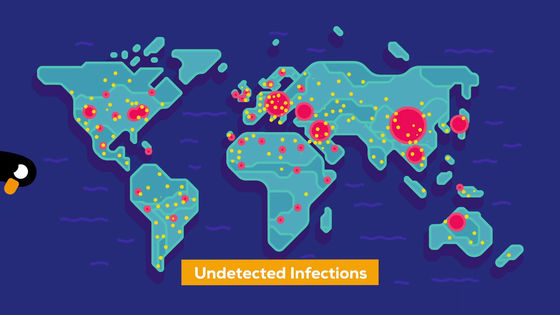
Certainly the number of serious cases is much higher than the flu.
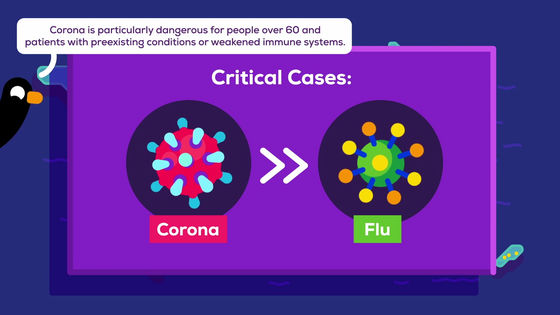
In severe cases, millions of epithelial cells die and there is no body tissue to protect the lungs.
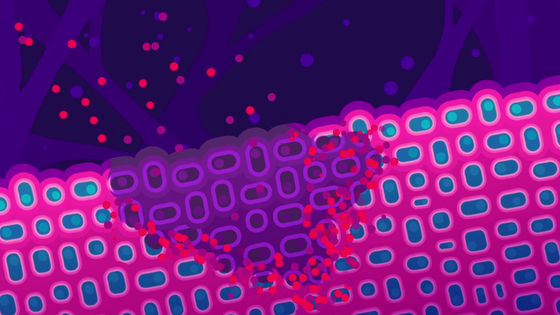
When this happens, the alveoli are normally infected with harmless bacteria, causing pneumonia. Pneumonia makes breathing difficult and patients cannot live without a ventilator.
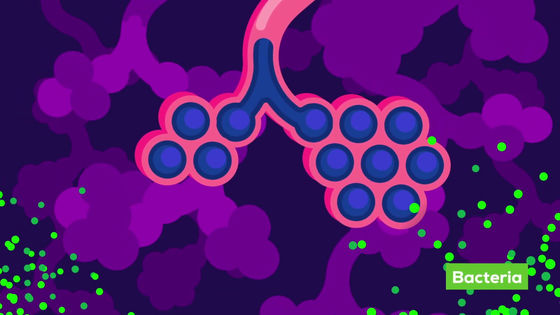
In an infected person, the immune system is fully exposed to the virus for several weeks.
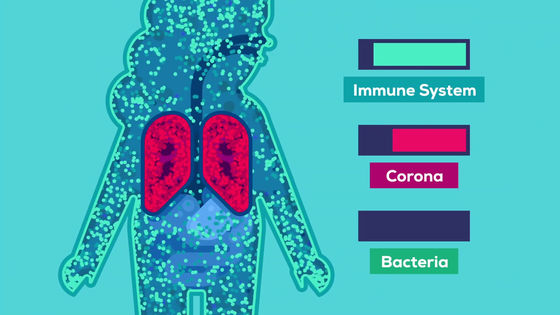
However, the number of bacteria grows in thousands, making the immune system uncontrollable. Bacteria spread throughout the body via blood, and the mortality rate of infected individuals is likely to be very high.
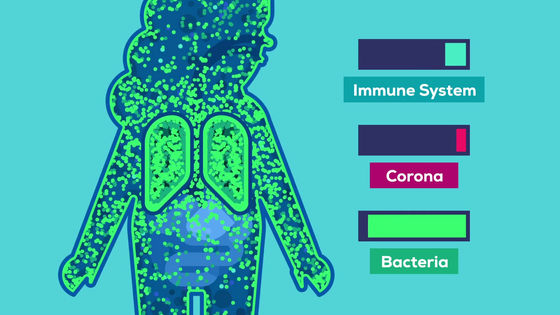
New coronavirus infections are often compared to influenza, but they are actually much more dangerous than influenza.
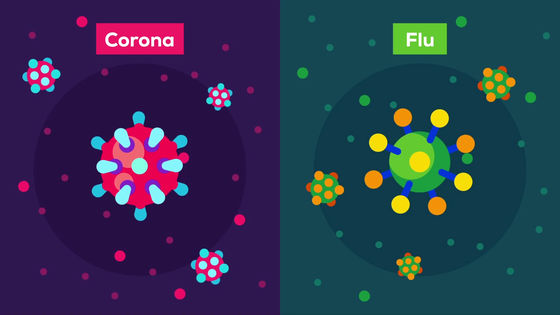
It is very difficult to calculate an accurate mortality rate in a pandemic, but it is clear that the new coronavirus infection is more contagious than influenza and has a higher transmission rate.
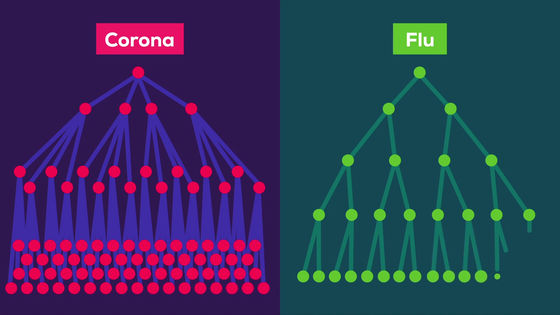
There are two types of infectious disease outbreaks: 'fast cases' and 'slow cases.' How they spread depends on how people respond to infectious diseases early in the pandemic. The 'fast case' kills many human lives, but the 'slow case' will be forgotten without ever leaving history.
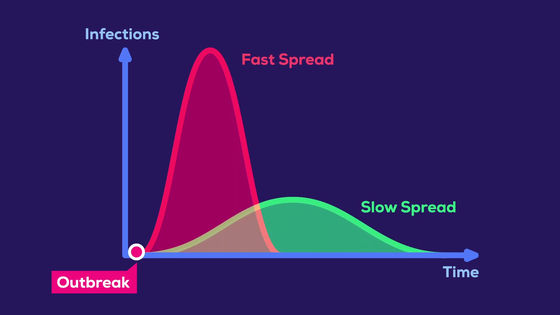
The worst case scenario for the 'fast case' begins when no action is taken to slow the infection and the virus spreads rapidly.
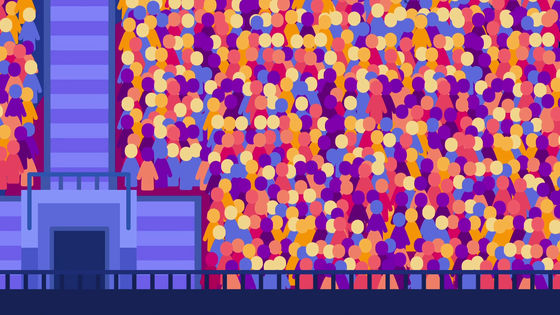
In the 'fast case', many people become sick at the same time because the infection spreads quickly. If many people get sick at the same time, the medical system will not be able to respond to patients ...
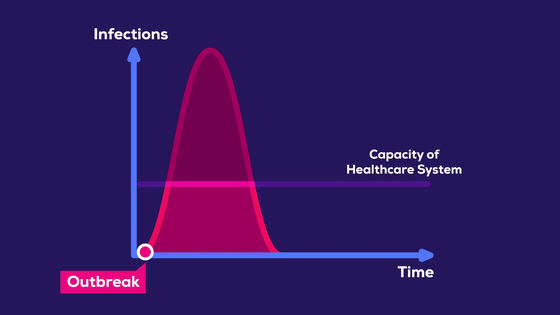
Insufficient resources such as medical staff and ventilators.
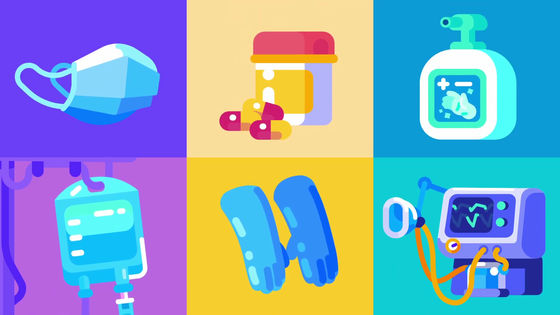
Many infected people die without proper treatment.
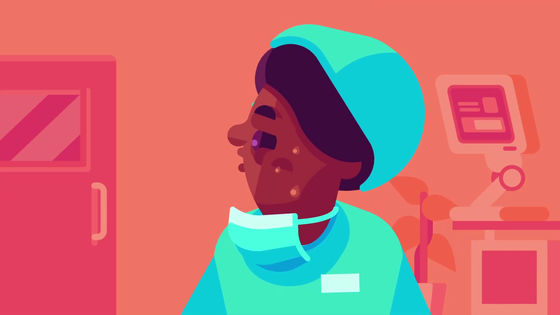
In addition, as the number of infected people increases among medical staff, the capacity of the medical system to handle patients further decreases. When that happens, you'll have to make terrible decisions about who to live and who forsake.
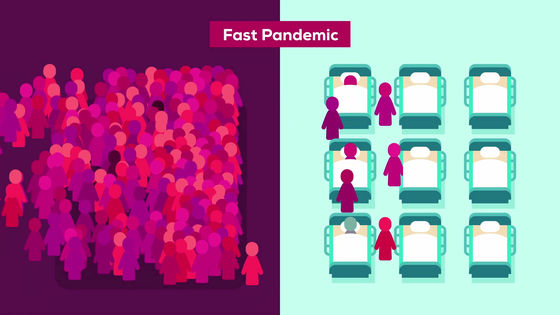
To avoid this, people around the world need to do everything they can to slow the outbreak of infectious diseases. The epidemic of infectious diseases can be moderated by taking appropriate measures, especially in the early stages. As the epidemic slows, the burden on healthcare systems and resources will be reduced, so that appropriate medical resources can be allocated to all infected individuals.
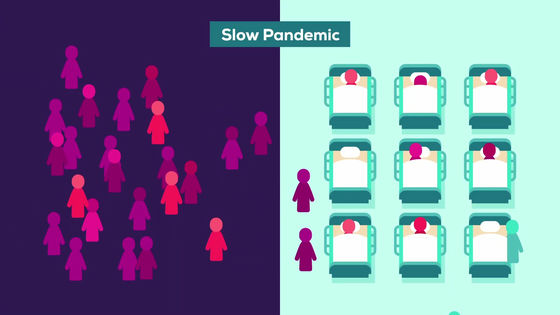
There is no vaccine for a new type of coronavirus infection, so 'we need to take action to stop the spread,' Kurzgesagt said.
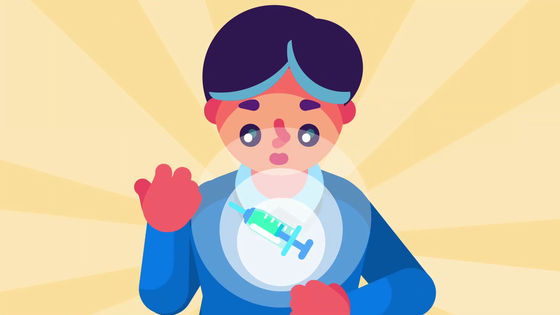
For that, there are only two things that are important: '1: do not spread the infection' and '2: do not spread the infection to others.'
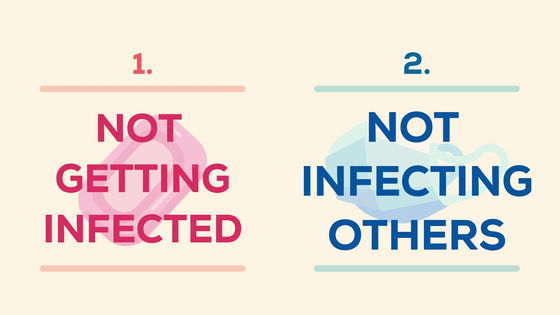
It may seem trivial, but
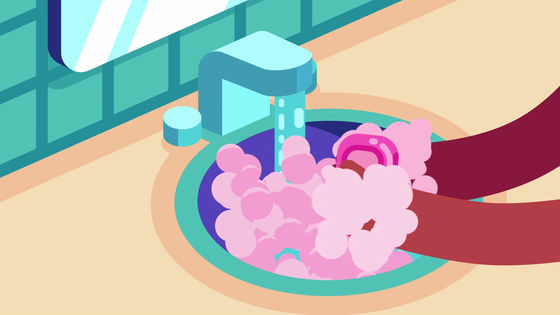
Soap is a very powerful countermeasure against infectious diseases. The new coronavirus is wrapped in a layer of fat, but if soap is used, it can decompose the fat and deprive it of its ability to infect. Washing your hands with soap also makes the surface of your hands slippery, and the physical action of washing your hands can also remove viruses.

And another countermeasure is to take social distance.

More specifically, avoiding hugging and shaking hands can be a social distance. When it is possible to refrain from going out, it is important to refrain from going out as much as possible and minimize the 'possibility of being transmitted by others' and 'the possibility of transmitting to others'.
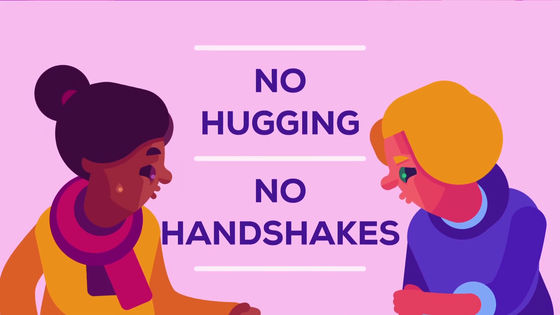
Whether or not people in occupations who are forced to go out for work, such as doctors, sales staff at retail stores, and police officers, are infected with the new coronavirus. It depends on what you can take.
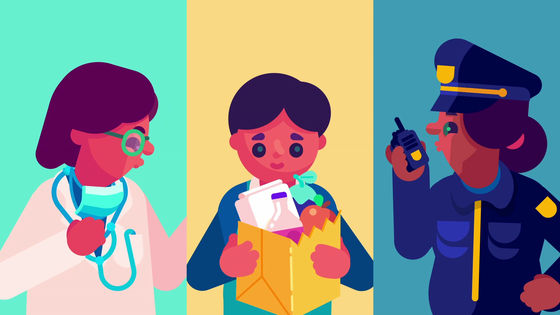
A larger measure is 'quarantine'. This includes travel restrictions and government outing restrictions. Isolation is not fun, but it can give you time to develop drugs and vaccines. For this reason, Kurzgesagt states, 'I need to understand the reasons and follow the rules' for those in isolation.
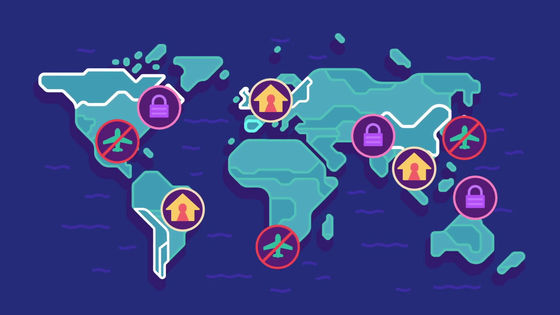
Related Posts:







